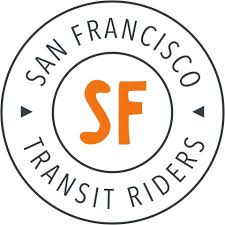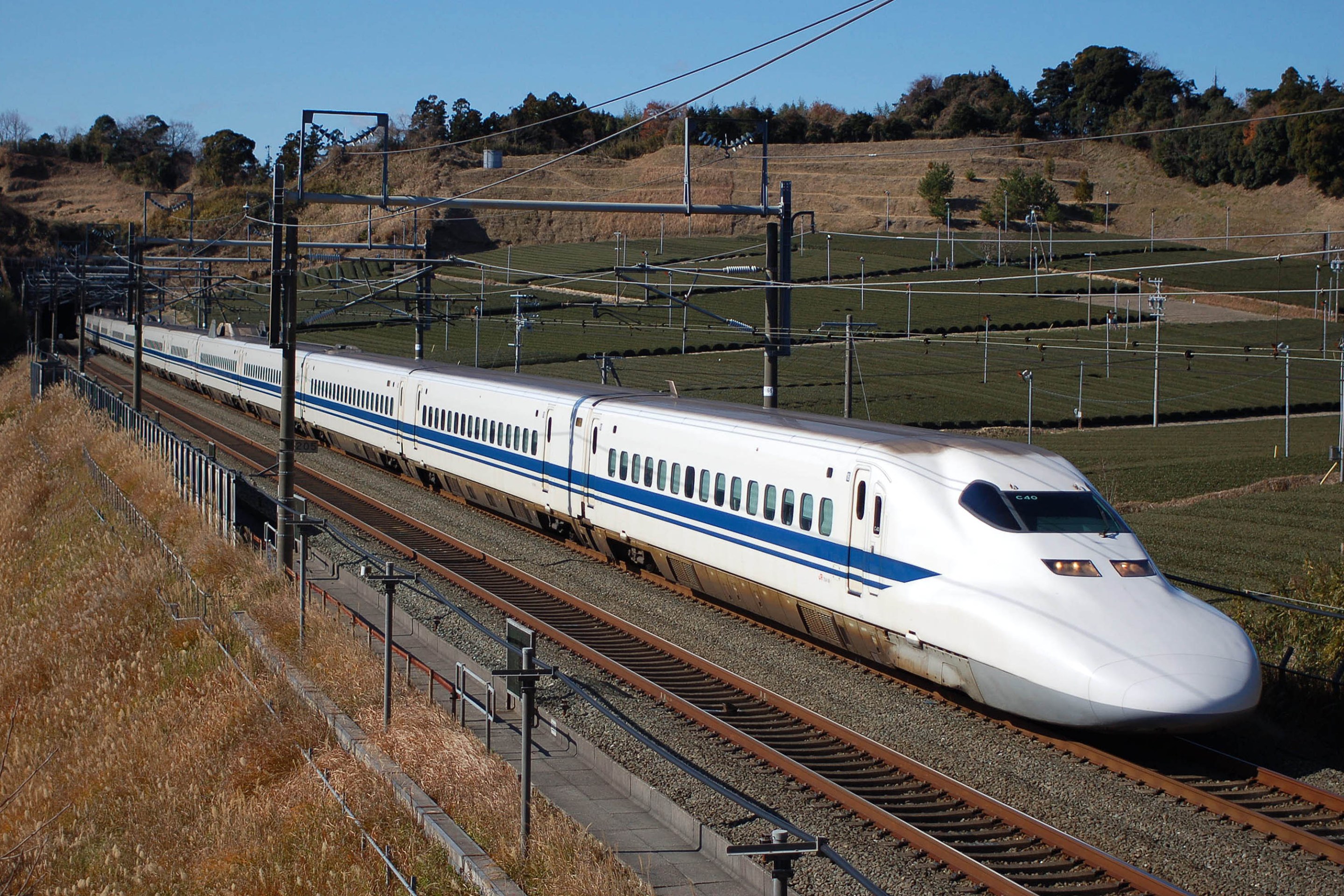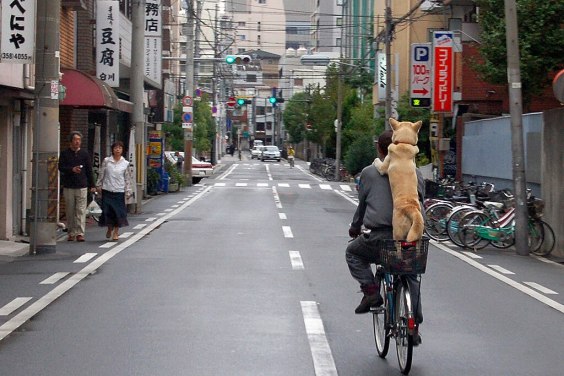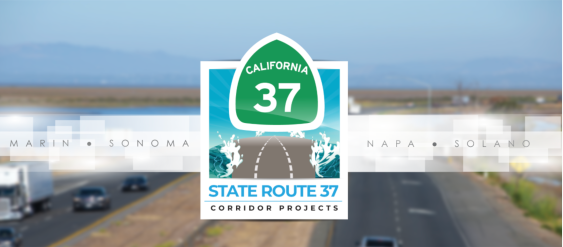The San Francisco Transit Rider has picked Mark Cordes as its new Executive Director.
From a statement about the pick:
Mark comes to the transit advocacy world after serving as a minister serving churches committed to inclusion and social justice in the Bay Area. Working with several nonprofits, Mark advocated for low-income immigrants and people fleeing violence and persecution. Mark has been engaged in the Bayview providing outreach services to San Francisco’s most vulnerable communities. These and other experiences give Mark deep experience with our diverse community.
"The San Francisco Transit Riders' board is very excited to see Mark bring his experience and his passion for social justice to bear as the new Executive Director. His years of working in policy and managing complex teams for clear outcomes is just what our organization needs right now," said Dominique Monie, co-chair of SFTR’s board.
According to the SFTR, Cordes gets around town by surfing, swimming, bicycling, transit, and occasionally by car. He lives in the Sunset and rides the N, 28, and 7. He replaces Rachel Hyden, who left in Sept. 2019. Cat Carter, the organization's communications head, filled in as ED during the search.
No doubt, Streetsblog will be talking and working with Cordes frequently in the coming months and years. For now, we spoke with the busy Cordes for a few minutes Friday afternoon to get a sense of how he approaches transit advocacy and what he hopes to see happen in San Francisco.
***
Streetsblog: So I was told you have a great story about getting to know your bus driver on the Muni Owl when you were a young bartender.
Cordes: I was a bartender at a Union Street bar that doesn't exist anymore called Margaritaville--you have to go way back--I’d get off work at night and I lived out in the Avenues, so I took the N Owl service. The driver's name was Marty. He became a friend. He was great. He would look out for me. If he saw I wasn't at the stop where I’d usually get on, if I was half a block away, he’d wait and I’d run to get on. We talked about everything under the sun. When I moved again to go back to school, he was a person who was hard to say goodbye to in the city.
SB: How does that inform how you'll do advocacy for the SFTR?
Cordes: We’re the San Francisco Transit Riders, but a critical part of every rider experience is the driver or operator. With COVID we want to keep our distance, yes, but too often people get on and off and fail to appreciate how hard those folks work keeping us safe and moving. Every time I get on public transportation I remember Marty. I try to say hello to the operator. I try to be polite. I try to show my appreciation. They are moving essential workers and they are essential workers. And those members of those transit worker unions are experiencing everything we’re experiencing. But they still get us to where we need to go.
SB: Speaking of what we're experiencing, how do the smoke conditions and the wildfires tie into transit advocacy for you?
Cordes: This is climate change. And it is heartbreaking. I’ve backpacked in some of the forests that are now gone, as a lifetime Californian. We're still processing, but it took a long time to get to this level. And there’s a long road yet even if we start recovering today, to get to a place of sustainable everything. Part of the excitement of coming to SFTR is I’m now doing tangible work that will pay dividends down the road in terms of improving the carbon footprint and sustainability of our city and making it more livable and connected.
Getting people out of their cars is good for our city, good for our climate, good for our planet. That’s part of what we’re about. Advocating with riders for better, more reliable transit and safer transit makes it more attractive and more useful for people to get around the city. I had to go to Kaiser this morning for some tests. It would have been a three-bus trip to get there. My dream is that the trip from my office to where I was getting a test could be done by bus in 30 minutes--that would make my car a lot less desirable to have.
SB: The COVID crisis is forcing Muni to change how it runs its buses. One thing they're doing is rolling out emergency transit-only lanes, to make buses more reliable--so that 30-minute trip might be possible. Do you think it'll be possible to hold onto that?
Cordes: With all of the terrible repercussions from COVID, what’s exciting is the proof of concept, or what the Transit Riders call the 30-30 concept, the transit linkages that make it possible to get across the city reliably in 30 minutes. It shows that with the kind of changes we’re looking for we can see faster and reliable service. We now have these experiments in place, and as we ramp out of the COVID crisis we can stress test some of these to get the transit the city should have. That to me is an exciting development.
We're also learning as a society again just how critical our essential workers are and how their transport needs are vital for all of us. To have watched SFMTA adapt to that and get some of these lines restarted that get central workers where they need to has equity impacts; it placed an emphasis on those folks' accessibility to jobs. When we get to more normalized circumstances I want us to keep that at the forefront.
SB: What's your favorite transit system in the world... and the one that you'd most like to steal from for San Francisco?
Cordes: The first place that comes to mind is Paris. Transit is everywhere. I could get to places I wanted to go, the Métro comes every couple of minutes, there's art, it's clean, and public transportation is woven into life and valued by people. I really loved it.
SB: What's an example of what you would take from it?
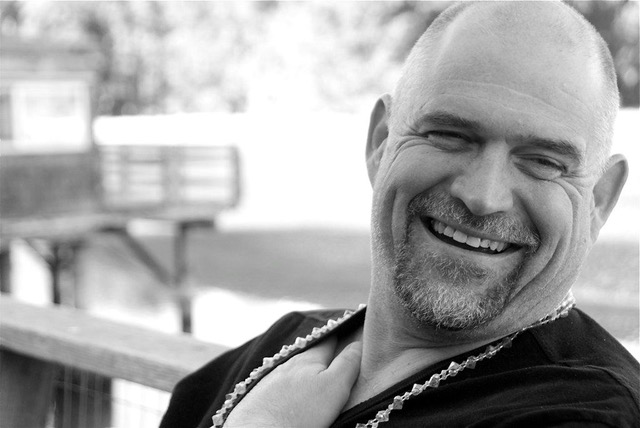
Cordes: One of the things I love about our city and our state are those old WPA projects for public spaces.
SB: So you'd bring more art. Any other small changes you'd like to steal for San Francisco?
Cordes: Better signage. Better system communications. Those are small but vital changes. I live in the western neighborhoods and I routinely help people who aren’t from San Francisco try to get from Ocean Beach to downtown. We really need better wayfinding.
SB: Another thing we could steal from Paris, and lots of other cities, would be an integrated, rational ticketing system. What do you think about the work done by groups such as Seamless Bay Area?
Cordes: I worked in Berkeley for nine years, so I would ride my bike to the Embarcadero. I would take my bike on BART. I’d get out. Then I’d then ride up to my office. If I did all that using our transit system, I’d need three tickets, one for AC Transit, one for BART, and one for Muni. The Clipper helps, but I want to take a high-level view here. In the Bay Area, our metropolitan coordination is bad. Transportation, housing--all of it. That dream of having a regime as a Bay Area, around transit, around housing, around environmental concerns is something we need to get better at. We like Seamless Bay Area and we have a relationship with them. Unfortunately, there's a headwind against what would make sense in terms of a more integrated system.
SB: What about the closure of the subway?
Cordes: I’m an N rider and familiar with that line. We've had decades of under-investment if not disinvestment, in the system as a whole and particularly in the subway. This is what happens when you don’t invest, when you don’t take care of maintenance the way you need to. This is what happened when you don't make the long-term investments you need in the fundamentals.
Portions of this interview were edited for length and clarity
